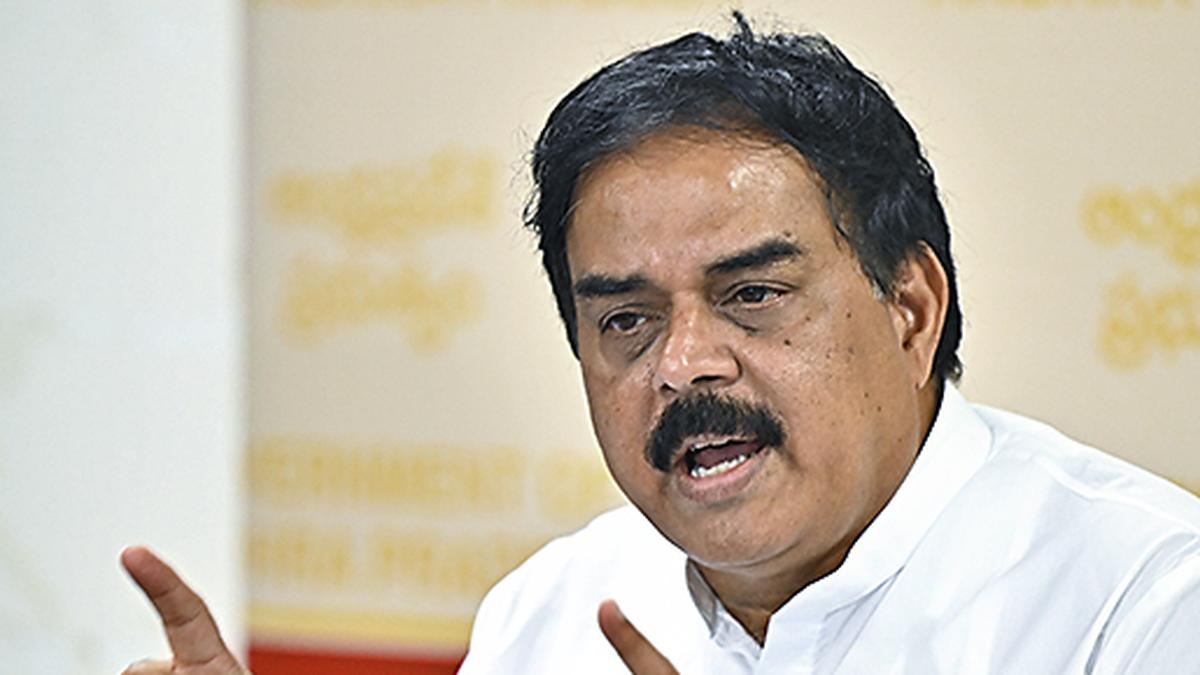The All India Majlis-e-Ittehadul Muslimeen (AIMIM), led by Asaduddin Owaisi, is once again set to emerge as a factor in the upcoming Assembly election in Bihar. While the party claims to have made an impact in the State, it is, like in the past, concentrating its efforts on the Seemanchal region.
Seemanchal, located in north Bihar, comprises the districts of Purnia, Katihar, Kishanganj, and Araria, which together account for 24 Assembly constituencies. The region is considered crucial for both the National Democratic Alliance (NDA) and the Indian National Developmental Inclusive Alliance (INDIA) bloc.
This time, AIMIM is pressing to be part of the INDIA bloc in Bihar. Its State president and MLA, Akhtarul Iman, even attempted to meet Rashtriya Janata Dal (RJD) chief Lalu Prasad but was unsuccessful.
In the 2020 Assembly elections, AIMIM won five seats in Seemanchal - Bahadurganj, Jokihat, Amour, Kochadhaman, and Baisi - giving a tough fight to candidates of both the NDA and the Mahagathbandhan. The party had earlier contested six seats in 2015 but lost all.
According to the 2023 caste-based survey, Muslim voters are decisive in 47 of Bihar’s 243 Assembly seats. In 11 constituencies, Muslims constitute more than 40% of the electorate, while in seven, the figure exceeds 30%. In 29 seats, Muslim voters account for 20%–30%. In parts of Seemanchal, their share goes up to 70%.
“I went to the residence of Lalu ji to put our demand that AIMIM should also be included in the INDIA bloc in Bihar. We only want that secular votes should not be divided and that’s the reason we want to be part of the grand alliance,” Mr. Iman told The Hindu.
He added, “Last time we won five seats and this Assembly election, we will be contesting for more seats. If there would be no alliance with the INDIA bloc then we will form a third front with other political parties and will contest in 100 Assembly seats in Bihar. However, the exact number of seats would be decided by our party chief Owaisi ji.”
Mr. Iman criticised the RJD, saying its “wrong policies” had enabled the Bharatiya Janata Party (BJP) to remain in power. He alleged that while the RJD relied on Muslim votes, it did not allow Muslim leadership to take charge. Citing 2005, he said that Lok Janshakti Party leader Ram Vilas Paswan had proposed a Muslim Chief Minister, which the RJD did not accept, leading to a failed bid to form the government.
“I went to the residence of Lalu ji but they did not even open the gate and no one met me. If this would be the attitude of the RJD then they are going to face a lot of problems in days to come,” said Mr. Iman, who represents the Amour Assembly seat in Purnia district.
Party sources said AIMIM is keen on joining the INDIA bloc as it would enhance its chances of victory, especially in Seemanchal. The party is reported to have demanded six seats in the region. However, leaders of the RJD and Congress are reluctant.
“Once we include AIMIM as our alliance partner then it will be very difficult for us because they will create their own space. If they retain those five seats as part of the INDIA bloc, how will we claim to be the lone messiah of Muslims? We do not want to give them that credit. Congress is already there with us. AIMIM is a party considered for vote polarisation like RSS and VHP. There is no difference between them,” a senior RJD leader said.
Of the five AIMIM MLAs elected in 2020, four later joined the RJD. Sources said this history makes the RJD wary of any alliance, as these defections could fuel tensions within the party in Seemanchal.
For over three decades, Muslims have largely supported the RJD and its allies. At NDA meetings, Chief Minister Nitish Kumar frequently highlights his work for the community since 2005, including graveyard fencing, madrasa registration and recognition, and granting parity in salaries for madrasa teachers with government schoolteachers.
Muslims constitute 17.7% of Bihar’s population of over 13 crore and play a decisive role in government formation. In the 2020 elections, none of the JD(U)’s 11 Muslim candidates won, though seven finished in second place. In earlier elections, however, JD(U) fielded and secured victories for Muslim candidates - 13 in 2010 (five won) and five in 2015 in alliance with the RJD.



.png)
.png)
.png)
















 2 hours ago
4
2 hours ago
4








 English (US) ·
English (US) ·